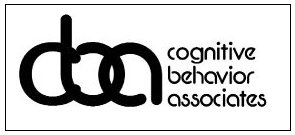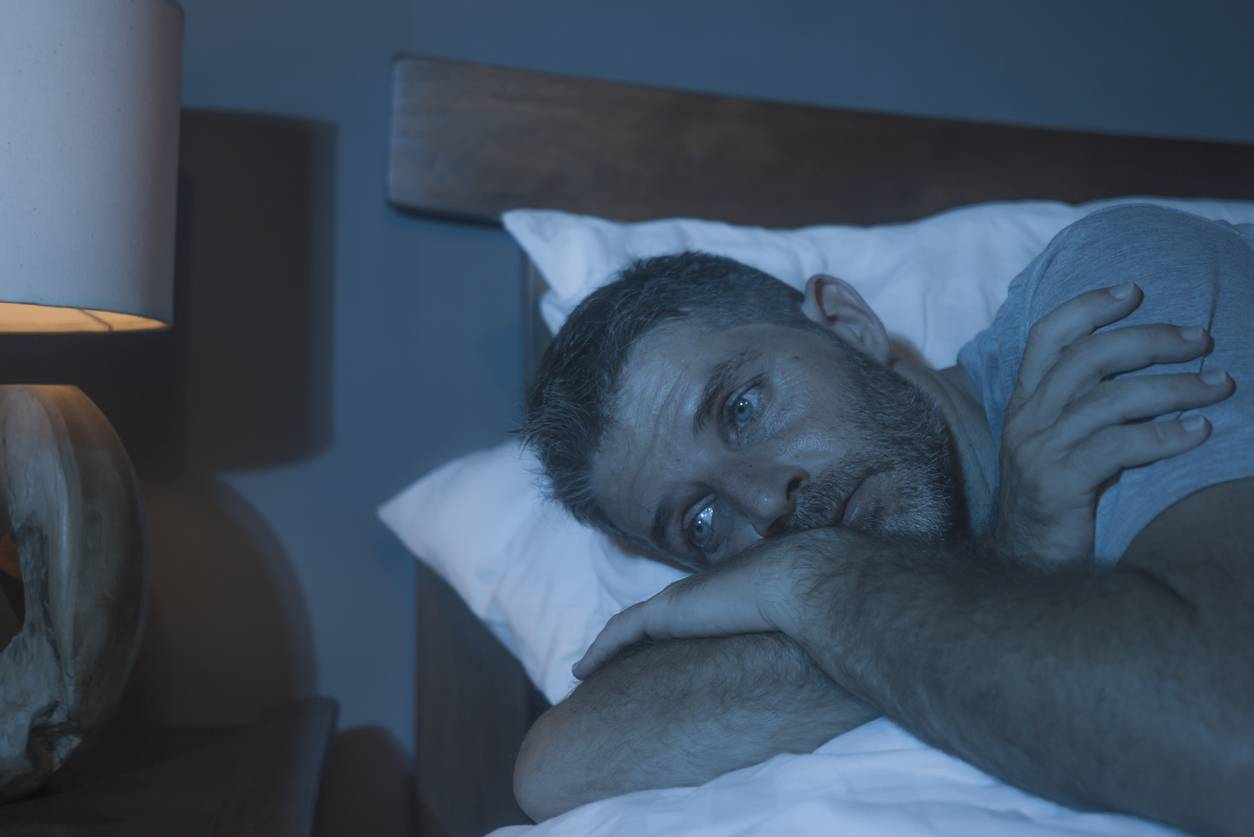There is nothing quite like waking up refreshed after a good night’s rest. Unfortunately, about 35% of Americans regularly miss out on that opportunity. Through a combination of living in a high-stress society and practicing poor sleep hygiene, millions of Americans lay awake in bed every night hoping sleep will come to them. But treating insomnia without medication is not only possible, but highly effective.
As a result, an entire sub-category of the pharmaceutical industry now, exists to meet the widespread demand for sleep-inducing medications. Some are habit-forming, while others are easier to use without the risk of addiction. These medications are an excellent option for occasional use, perhaps after a particularly stressful day. None of them are intended for daily use over a prolonged period. So it is important to find a long-term solution.
We provide the best cognitive behavioral therapy for insomnia Los Angeles has around.
Identifying Insomnia
Everyone has some restless nights, but there are specific parameters that we can use to identify chronic insomnia. Generally speaking, chronic insomnia occurs at least three days a week for at least three consecutive months. If the patient hasn’t had the opportunity to get adequate sleep due to a demanding job or substance abuse is involved, then it is possible that the insomnia is a symptom of lifestyle choices rather than existing as a condition itself. In these cases, the patient will need to address underlying factors first.
Treating Insomnia without Medication: Analyzing Your Sleep Hygiene
For those with stubborn insomnia, it may be beneficial to first examine your daily practices, including sleep hygiene. Sleep hygiene refers to the regular practice of habits that promote reliable sleeping patterns. These include going to sleep at a predetermined hour every day of the week and waking up at the same time every day. Good sleep hygiene also includes avoiding electronics one hour before bed and avoiding caffeinated products after noon.
Of course, a fresh change will not have an immediate effect. If you have found holes in your sleep hygiene, you should do whatever you can to address them. It won’t happen overnight, so you should aim to make gradual changes to your routine. Adjusting your habits could take several weeks, and it may take several weeks more to take full effect. At six to eight weeks, if you’ve experienced no change, then you should consider a more targeted approach.
Using Cognitive Behavior Therapy
Sleep hygiene is highly personal, and it doesn’t work in the same way for everyone. For people with anxiety and depression, it can be exceptionally difficult to overcome insomnia. Cognitive behavior therapy (CBT) is a research-driven treatment that strives to help patients analyze their own thoughts and behaviors to better understand the nature of their insomnia.
In many ways cognitive behavior therapy is related to sleep hygiene but does more to target mental health complications that could be contributing to the patient’s sleeping experience. Those who specialize in cognitive behavior therapy for insomnia aim to help patients target the negative cognitions and behaviors that have developed around sleep due to prolonged frustration and sleep deprivation. Overall, this approach to therapy has proven highly effective. A full 100% of patients in multiple studies noted improved sleep, and 75% achieved a normal sleeping schedule, getting at least 7 hours of continuous sleep per night.
Making the Decision to Pursue Treatment
Sleep deprivation can have serious side effects with the potential to impair cognitive function and ability to handle mental or emotional stress. If you are experiencing the symptoms of chronic insomnia, then you should seriously consider receiving professional treatment. At Cognitive Behavior Associates, you may receive treatment in person or through telepsychotherapy. These options allow patients to choose how they would like to approach treatment and move towards their goals.

